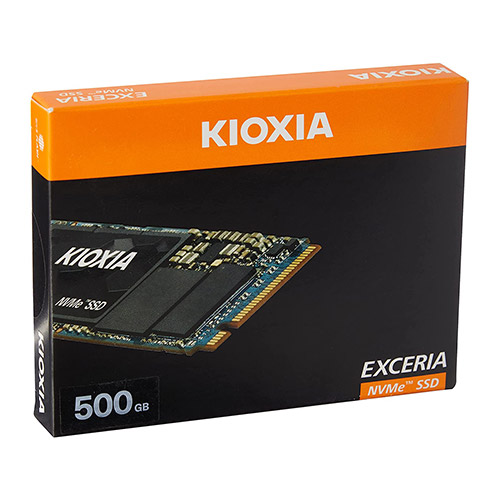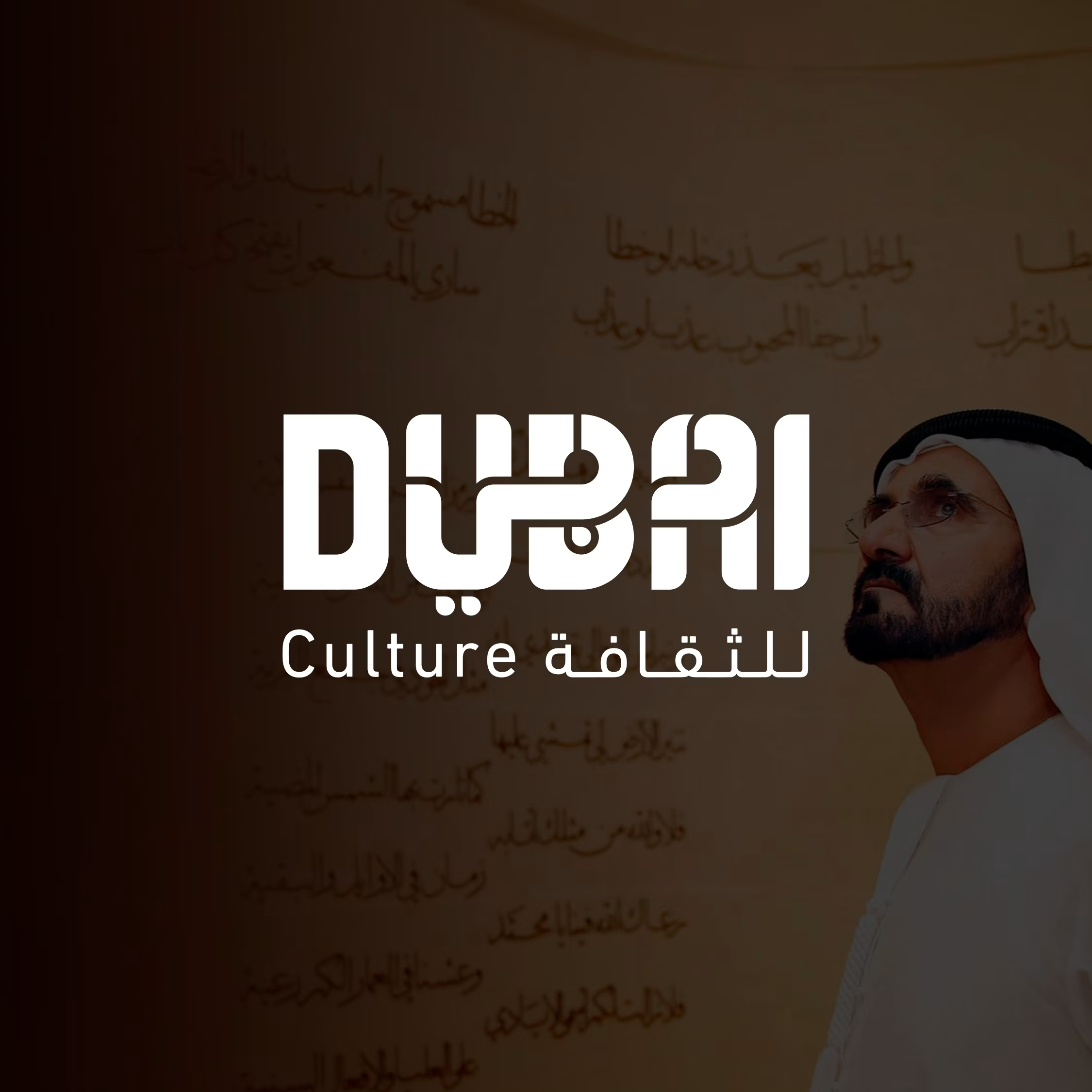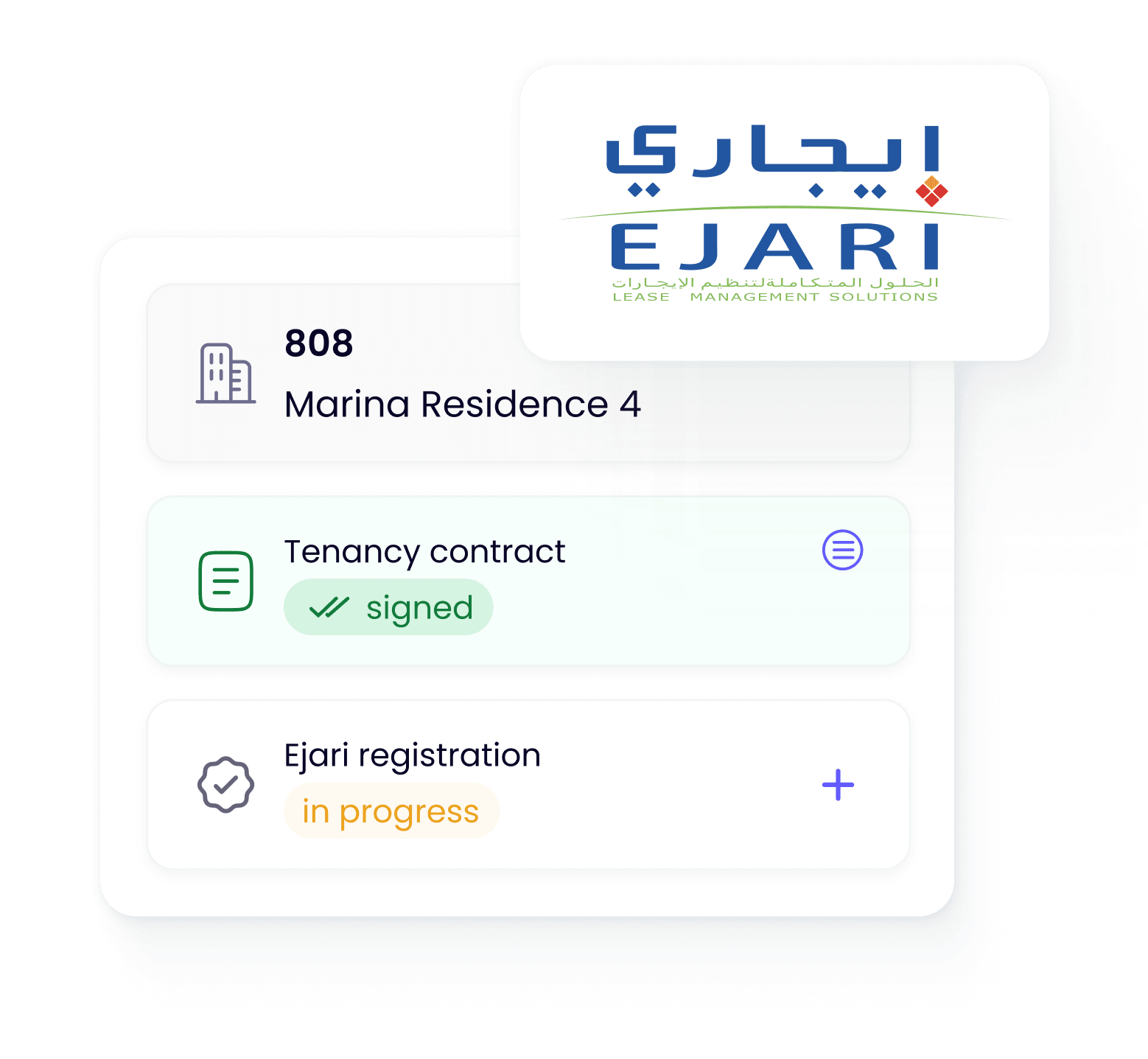
Outdoor Bean Bag Chairs For Balconies And Patios
Your balcony or patio is a small piece of the outdoors you can call your own. Filling it with the […]

Your balcony or patio is a small piece of the outdoors you can call your own. Filling it with the […]

Every space has a challenge. A room might feel cramped, lack light, or want a new purpose. Interior designers see […]

Upgrading your computer with a Solid State Drive (SSD) delivers a significant improvement in speed and responsiveness. In Saudi Arabia, […]

Astrology has a way of reflecting personality, style, and even mood through the stars. For those who love to express […]

A sudden stain on the ceiling or a strange scent from the walls, your home just presented a mystery. Solving […]

The game of property investment has changed, and the rules have been rewritten. Today’s winners aren’t just landlords; they are […]

What motivates businesses to turn towards professional content services? In today’s digital environment, organized and clear communication supports brand presence […]

Managing lease agreements for the first time may feel unfamiliar at the start. Simple steps and careful attention to detail […]

What draws people to luxury furniture? Many say it feels different. The look, the touch, and even the way it […]

Maternity photography captures one of the most special moments in a woman’s life. It’s a way to celebrate pregnancy and […]